Cole Swensen has been named the 14th recipient of the Paul Engle Prize, presented by the Iowa City UNESCO City of Literature organization.
The prize, established in 2011, honors an individual who, like Paul Engle, represents a pioneering spirit in the world of literature through writing, editing, publishing, or teaching, and whose active participation in the larger issues of the day has contributed to the betterment of the world through the literary arts.
The prize includes a $25,000 award and a one-of-a-kind work of art. Swensen, a former professor in the University of Iowa Writers’ Workshop, will receive the award at a ceremony at 2 p.m. on November 16, at the Coralville Public Library. Christopher Merrill will join Swensen in conversation. The event is free and open to the public.
Swensen is a poet, editor, and translator, who taught in the Iowa Writers’ Workshop from 2001 to 2012. She then taught at Brown University until her retirement in 2023.
She is the author of 20 collections of poetry, including And And And, a finalist for the Griffin Poetry Prize, Art in Time, Gravesend, a finalist for the Los Angeles Times Book Award in Poetry; Goest, a finalist for the National Book Award; Try, winner of the Iowa Poetry Prize and the San Francisco State University Poetry Center Book Award; and New Math, winner of the National Poetry Series.
Swensen has translated more than 30 books of French poetry, creative nonfiction, and art criticism, and won the 2024 National Translation Award from ALTA and the 2025 Stephen Mitchell Translation Prize. She was awarded a 2006 Guggenheim Fellowship and has been a writer-in-residence at Yale’s Beinecke Library, the Pratt Institute, and Temple University. Swensen was the founder and editor of La Presse, an imprint of Fence Books that was dedicated to the translation of contemporary French poetry.
Swensen said she was “absolutely over the moon” when she learned she had won the Paul Engle Prize, calling it a great honor.
“It instantly gave me a boost of energy and optimism along with a sense of recharged capacity for my poetry, translation, editing, and critical work,” she said. “I had the tremendous pleasure of teaching at the Iowa Writers’ Workshop for ten years, and when I arrived in 2001, Paul Engle’s spirit was very present, as it was well-recognized that he had been the driving spirit behind the workshop’s rise to prominence.
“His influence was also strongly felt at the International Writers’ Program, which he co-founded. When I taught at the Workshop, the link between it and the IWP, by then under the directorship of the inimitable Christopher Merrill, was very important to me, as it gave students and faculty the chance to exchange ideas with a marvelously diverse, truly global group.”
Swensen’s work in literary translation, teaching, and program facilitation is part of what elevated her nomination for the prize. She said such work was inspired by Engle’s “exemplary model of literary citizenship.”
“(That is) a term that has gained more and more traction in the past several years, transforming the cliché of the writer as an isolated artist into a much more accurate map of the interactive work that brings literature about—work done by writers, yes, but writers who are also editors, publishers, teachers, translators, critics, reviewers, and non-profit participants, among many other things,” she said. “When writers themselves are doing the editing and publishing, we have more deeply informed, less commercially motivated, and more democratic networks creating our literature. Paul Engle taught hundreds and hundreds of students and others that literature is not just written but also sculpted by collaborative interactions that underscore writing as a basis for community.”
Swensen was born and raised near San Francisco. She earned a BA and an MA from San Francisco State University and earned a PhD in comparative literature from the University of California, Santa Cruz. She is a former director of the creative writing program at the University of Denver
The Paul Engle Prize is made possible through the generous support of the City of Coralville, which is home to 11 permanent sculptures with artistic and literary ties to Iowa. The sculptures all have ties to work found in The Iowa Writers’ Library, housed in the Hyatt Regency Coralville Hotel, which features about 800 books written by former students, graduates and faculty of the Iowa Writers’ Workshop.
The Engle Prize itself is a one-of-a-kind work of art created by M.C. Ginsberg in Iowa City. Each piece is crafted to reflect the work and impact of the recipient, while tying it to the Iowa City UNESCO City of Literature.
Paul Engle (October 12, 1908 – March 22, 1991), though best remembered as the long-time director of the Writers’ Workshop and co-founder with his wife, Hualing Nieh Engle, of the UI’s International Writing Program, also was a well-regarded poet, playwright, essayist, editor and critic. In 2000, then-Gov. Tom Vilsack declared Engle’s birthday, Oct. 12, as “Paul Engle Day” in Iowa.
Previous winners of the prize are: James Alan McPherson, Kwame Dawes, Luis Alberto Urrea, Roxane Gay, Alexander Chee, Dina Nayeri, Toi Derricotte, Cornelius Eady, Dr. Eve L. Ewing, Rebecca Solnit, Joan Naviyuk Kane, and Camille Dungy. Visit www.iowacityofliterature.org/paul-engle-day for more information about the prize and past winners.
